How to Quickly Recover Muscle Injuries
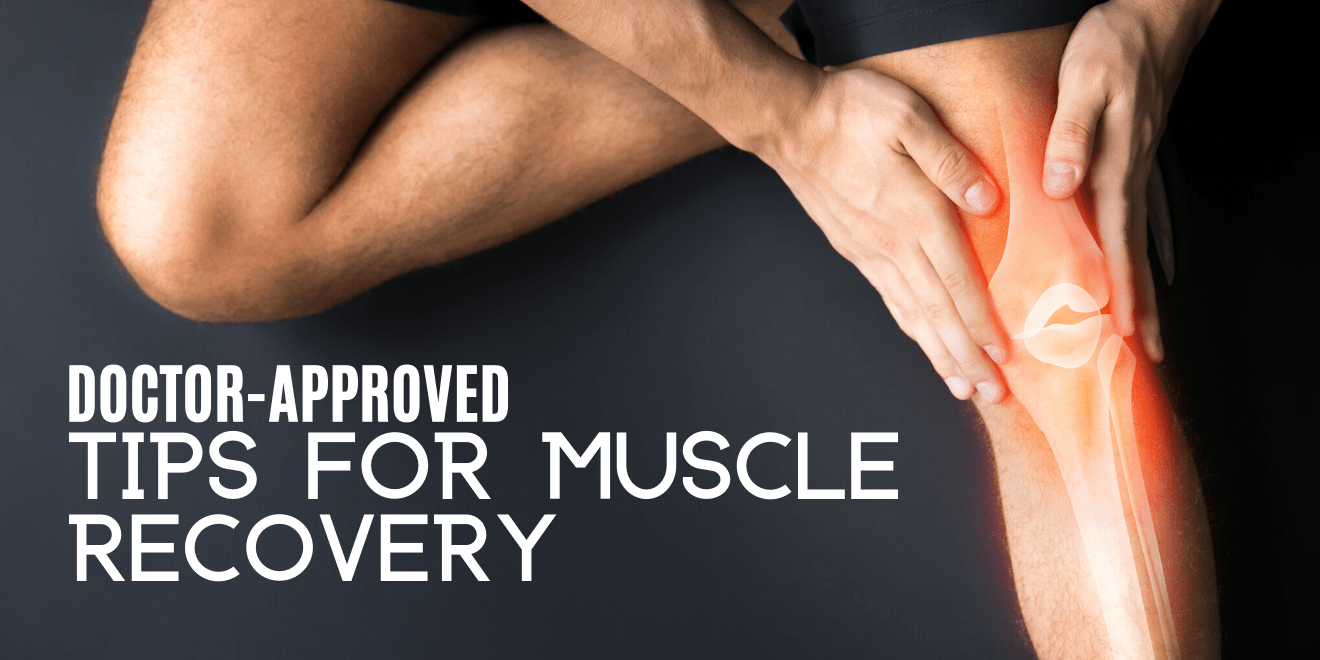
Muscle injuries don’t just happen to athletes—it can happen to everyone.
It can occur while exercising, going on a morning jog, or playing a casual sports game.
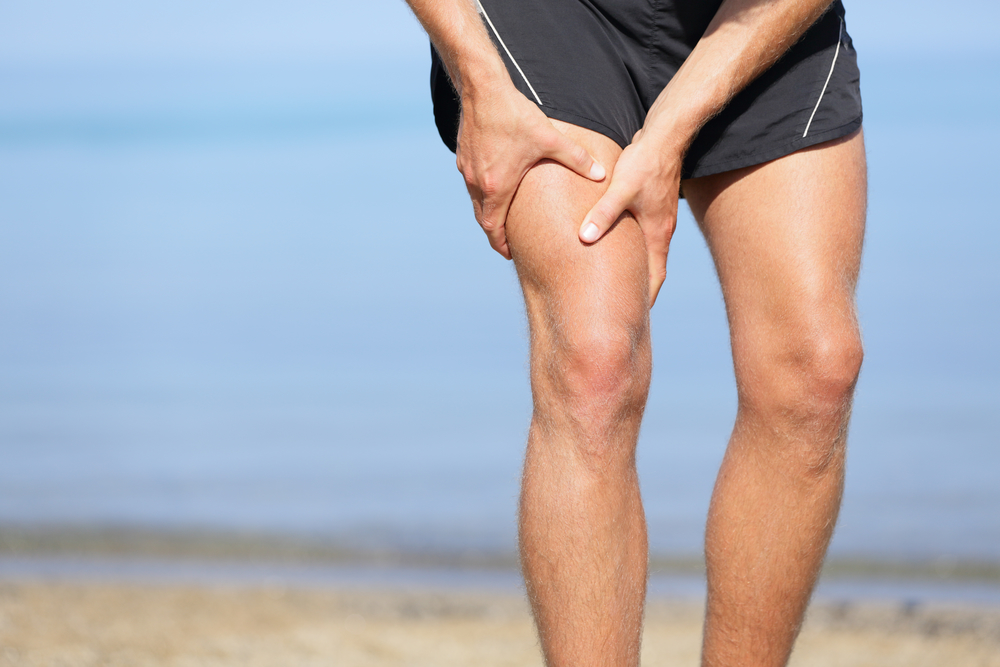
No matter how it happened, the important thing is what the person does right after. Recovery is critical , and it should be done with the commitment to get better. Some people may not be aware that what they’re doing is harmful to the recovery.
Many practices are beneficial for muscle healing. Learn the simple ways to make a comeback from your muscle injury.
PRICE stands for “protect, rest, ice, compress, and elevate.” Protect the injured muscle with a sling, splint, or elastic bandage. Rest the muscle, and give it time to heal.
Ice the muscle for 10 to 15 minutes to reduce the inflammation. Compress the part with the damaged muscle with a cloth, elastic bandage, or elastic kinesiology tape , which will reduce discomfort while providing support.
Lastly, elevate the injured part to lessen the swelling. The PRICE technique is a common and effective home treatment for muscle strain recovery. It promotes muscle healing without calling a doctor.
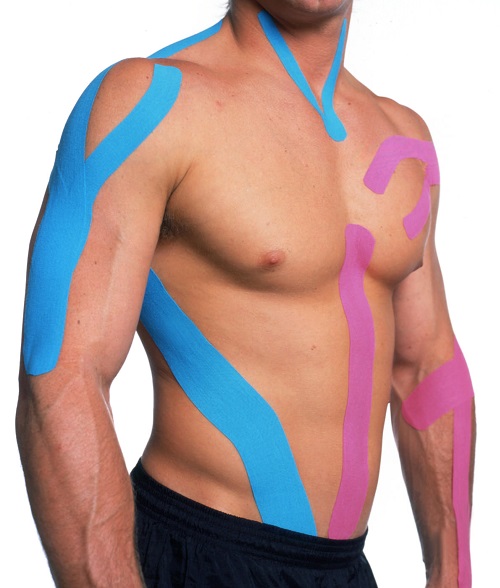
Pro-tip: Have you tried a Marc Pro tens device?
After an injury, it is difficult for the muscle to get back to how it was before. Doctors recommend several stretching exercises that can help it be flexible again. Such exercises are the hamstring stretch, hip flexor stretch, and neck stretches.
Start the healing process by keeping the blood flowing throughout the muscle. Strengthening activities help the muscle recover slowly. Do not surprise it with intense physical activity immediately.
Elastic bandages must allow for recovery exercises and be comfortable enough to wear. An elastic tape will work best for some when properly applied because it is lightweight.
https://www.youtube.com/watch?v=F8J5HAFFY84
Having a healthy diet helps the body get what it needs to reduce inflammation, prevent infection, and repair the muscle quickly. Particular nutrients will help the body get back on track and promote healing.
Avoid sports drinks and sugary foods as they can cause increased fatigue and prevent a faster decrease in swelling. It’s best to eat foods rich in vitamin C , vitamin A, omega-3 fatty acids , protein , and antioxidants.
Many of these nutrients can be found in various fruits, vegetables, nuts, and eggs. Drinking tea is also advisable since it contains vitamins and antioxidants too. Teas like white tea and matcha tea prove to have many health benefits.
Some people may say that they only ever need five hours of sleep. Avoid that mind-set when healing from a muscle injury because sleep deprivation brings a negative effect on recovery. Poor sleep is related to poor muscle performance.
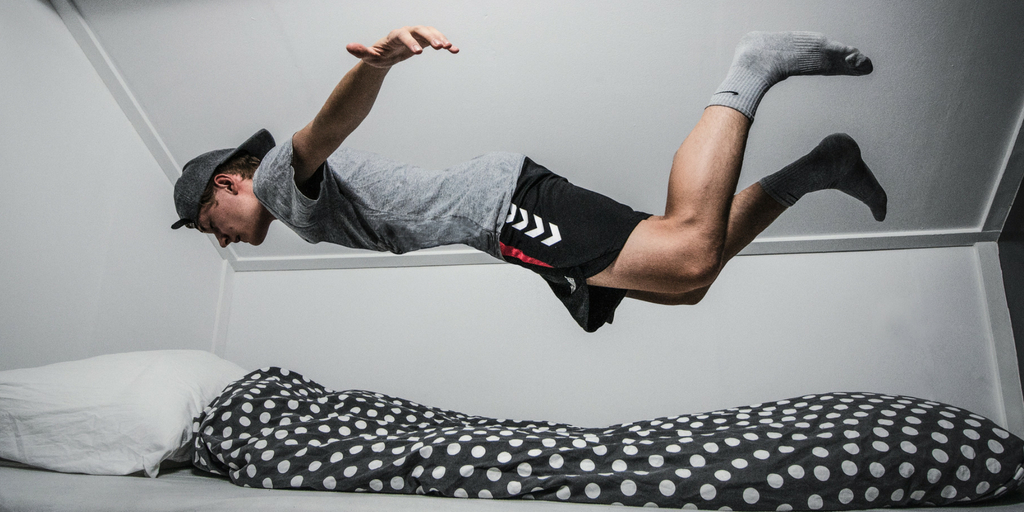
Don’t underestimate the power of a good night’s sleep. It affects the whole body, so getting enough will help speed up the recovery process. The body promotes tissue growth and repair while asleep, so a complete eight-hour sleep is essential.
Protein synthesis and muscle growth also happen while sleeping. Without adequate sleep, muscle injury recovery will take much longer. Listen to what the body needs, and do what should be done for proper healing.
It’s best to see which medicine will work best for the particular muscle injury. Anti-inflammatory drugs can help to reduce pain and inflammation. Other medicines lessen the pain but do not help with swelling.
Use them cautiously even if they may help to relieve the discomfort. Take the medicine only when the soreness is making any movement impossible, and they should be taken with the approval of the doctor. Self-medication is not recommended.

These medications can hasten muscle recovery, but they shouldn’t be part of the routine. High doses may hold back the ability to increase muscle strength. There are mild supplements and natural anti-inflammatory remedies that are also worth a try.
Doing a proper warmup before an exercise session, a jog, or a game can already lower the risk for injury. Sometimes, it can also come down to wearing the right shoes for a chosen activity. There may be plenty of ways to recover from an injury, but it’s still better to prevent that from happening in the first place.
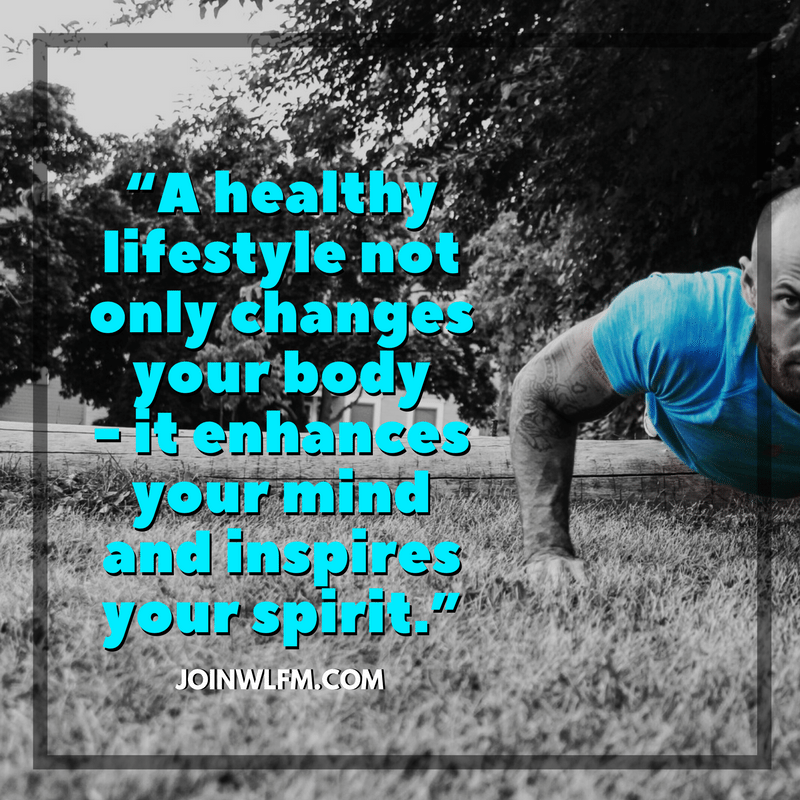

No matter how it happened, the important thing is what the person does right after. Recovery is critical , and it should be done with the commitment to get better. Some people may not be aware that what they’re doing is harmful to the recovery.
5 Simple and Effective Doctor-Approved Tips for Recovering Your Injured Muscles
Many practices are beneficial for muscle healing. Learn the simple ways to make a comeback from your muscle injury.
1. Practice the PRICE Method
PRICE stands for “protect, rest, ice, compress, and elevate.” Protect the injured muscle with a sling, splint, or elastic bandage. Rest the muscle, and give it time to heal.
Ice the muscle for 10 to 15 minutes to reduce the inflammation. Compress the part with the damaged muscle with a cloth, elastic bandage, or elastic kinesiology tape , which will reduce discomfort while providing support.
Lastly, elevate the injured part to lessen the swelling. The PRICE technique is a common and effective home treatment for muscle strain recovery. It promotes muscle healing without calling a doctor.

Pro-tip: Have you tried a Marc Pro tens device?
2. Perform Recovery Exercises
After an injury, it is difficult for the muscle to get back to how it was before. Doctors recommend several stretching exercises that can help it be flexible again. Such exercises are the hamstring stretch, hip flexor stretch, and neck stretches.
Start the healing process by keeping the blood flowing throughout the muscle. Strengthening activities help the muscle recover slowly. Do not surprise it with intense physical activity immediately.
Elastic bandages must allow for recovery exercises and be comfortable enough to wear. An elastic tape will work best for some when properly applied because it is lightweight.
https://www.youtube.com/watch?v=F8J5HAFFY84
3. Eat Healthy Food
Having a healthy diet helps the body get what it needs to reduce inflammation, prevent infection, and repair the muscle quickly. Particular nutrients will help the body get back on track and promote healing.
Avoid sports drinks and sugary foods as they can cause increased fatigue and prevent a faster decrease in swelling. It’s best to eat foods rich in vitamin C , vitamin A, omega-3 fatty acids , protein , and antioxidants.
Many of these nutrients can be found in various fruits, vegetables, nuts, and eggs. Drinking tea is also advisable since it contains vitamins and antioxidants too. Teas like white tea and matcha tea prove to have many health benefits.
4. Get Adequate Sleep
Some people may say that they only ever need five hours of sleep. Avoid that mind-set when healing from a muscle injury because sleep deprivation brings a negative effect on recovery. Poor sleep is related to poor muscle performance.

Don’t underestimate the power of a good night’s sleep. It affects the whole body, so getting enough will help speed up the recovery process. The body promotes tissue growth and repair while asleep, so a complete eight-hour sleep is essential.
Protein synthesis and muscle growth also happen while sleeping. Without adequate sleep, muscle injury recovery will take much longer. Listen to what the body needs, and do what should be done for proper healing.
5. Take the Appropriate Medicine
It’s best to see which medicine will work best for the particular muscle injury. Anti-inflammatory drugs can help to reduce pain and inflammation. Other medicines lessen the pain but do not help with swelling.
Use them cautiously even if they may help to relieve the discomfort. Take the medicine only when the soreness is making any movement impossible, and they should be taken with the approval of the doctor. Self-medication is not recommended.

These medications can hasten muscle recovery, but they shouldn’t be part of the routine. High doses may hold back the ability to increase muscle strength. There are mild supplements and natural anti-inflammatory remedies that are also worth a try.
Prevention Is Still Better Than Cure
Doing a proper warmup before an exercise session, a jog, or a game can already lower the risk for injury. Sometimes, it can also come down to wearing the right shoes for a chosen activity. There may be plenty of ways to recover from an injury, but it’s still better to prevent that from happening in the first place.





































































































